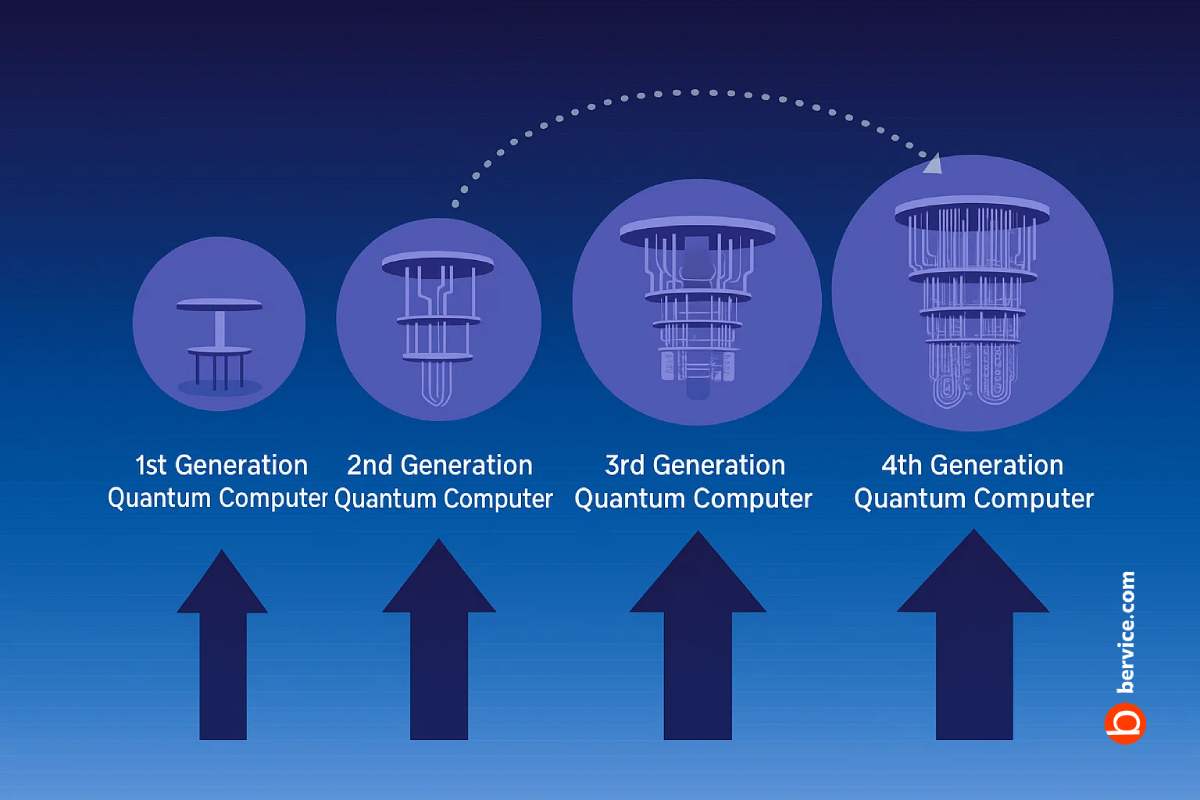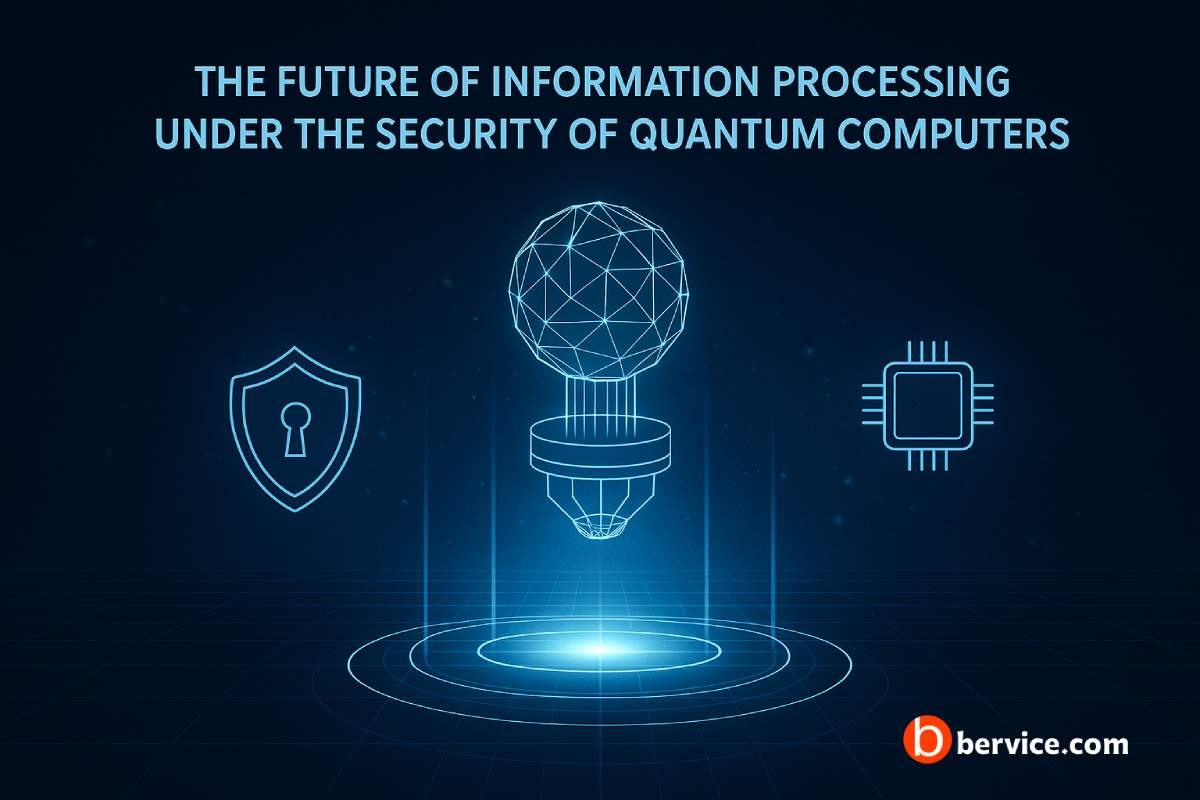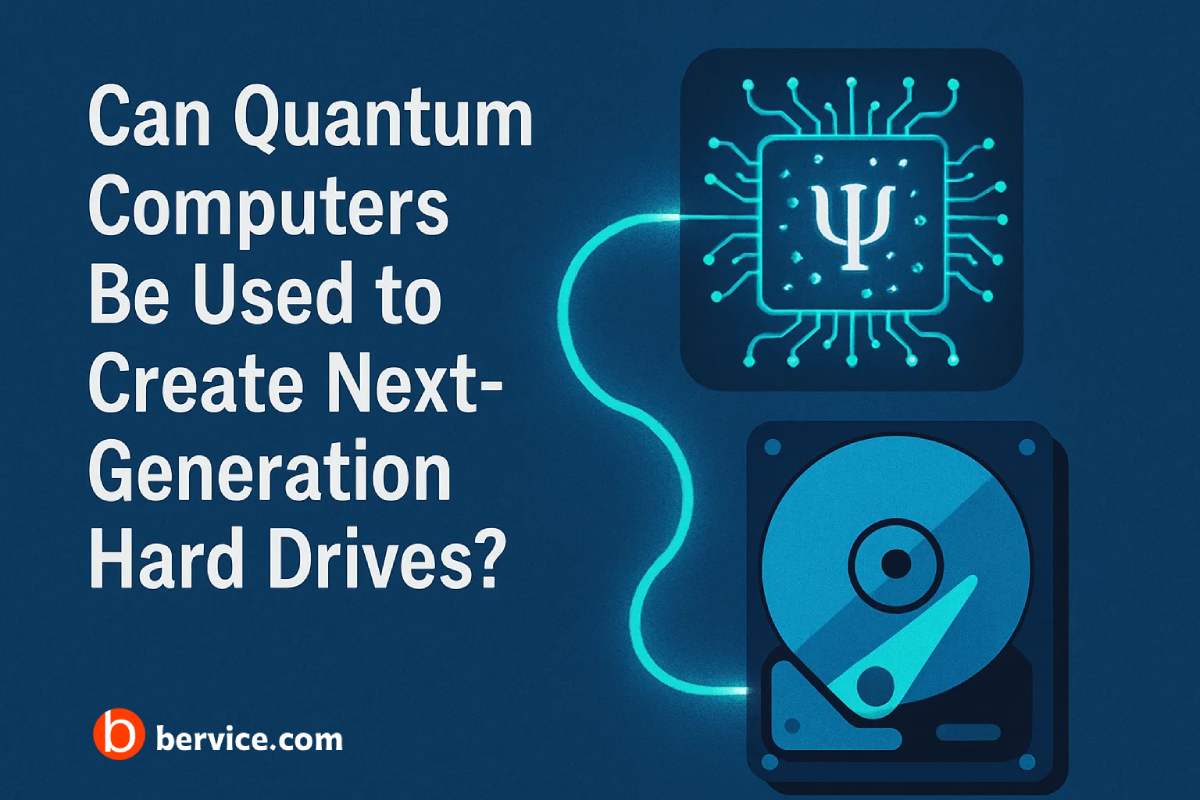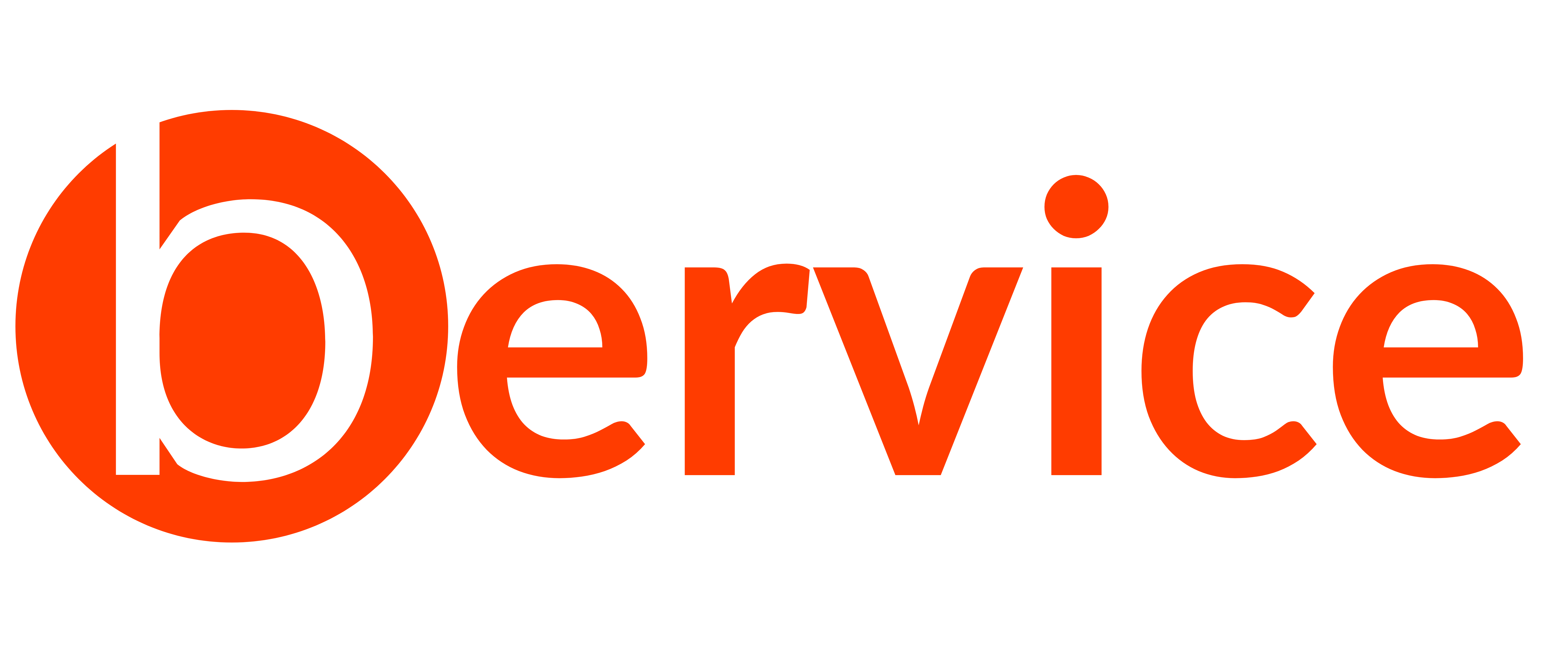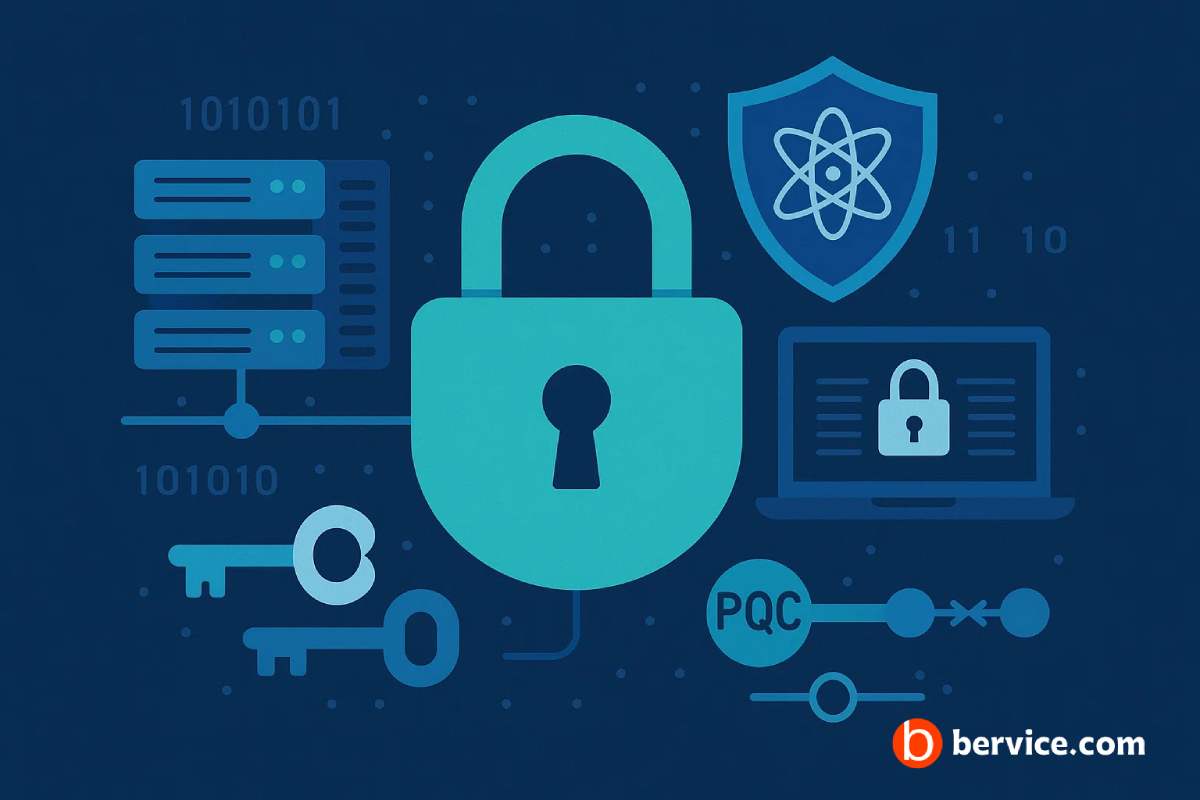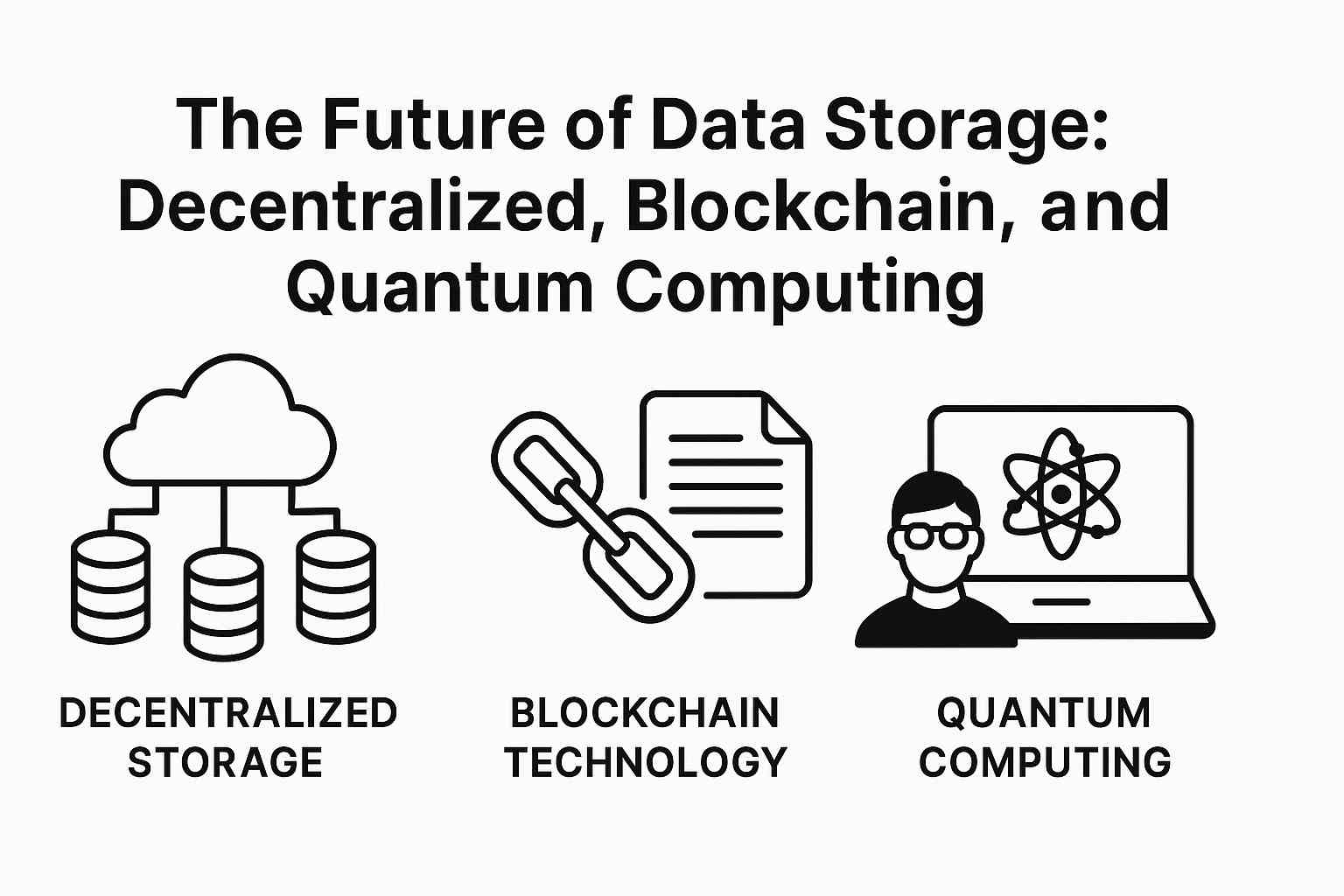
The future of data storage is evolving rapidly, and with advancements in decentralized technologies, blockchain, and quantum computing, the next generation of storage systems promises to revolutionize how data is stored, secured, and processed. As we continue to generate massive amounts of data, the need for more efficient, secure, and scalable storage solutions becomes increasingly critical. In this article, we will explore how these emerging technologies are shaping the future of storage.
Decentralized Storage: A Paradigm Shift
Decentralized storage refers to the idea of distributing data across multiple nodes or devices rather than relying on a centralized server or cloud infrastructure. This approach offers several key benefits, including enhanced security, privacy, and resilience against data breaches or downtime. Traditional cloud storage systems, while widely used, have a single point of failure that makes them vulnerable to attacks or outages. In contrast, decentralized storage networks are distributed, which makes them less susceptible to these risks.
One of the most notable developments in decentralized storage is the use of blockchain technology to facilitate and secure the storage of data. Blockchain allows data to be stored in a distributed ledger that is immutable and transparent, meaning that once data is stored, it cannot be altered or deleted without the consensus of the network participants. This ensures the integrity and accountability of the data, making it highly reliable for use in sectors like healthcare, finance, and legal systems, where data accuracy and trustworthiness are paramount.
Examples of decentralized storage networks include platforms like Filecoin, Storj, and Sia. These platforms use blockchain to incentivize individuals to contribute their unused hard drive space, creating a peer-to-peer storage network that is more secure and cost-effective than traditional centralized systems. With the rise of decentralized storage, individuals and organizations can own and control their data in a way that was previously impossible.
Blockchain: Securing Data in the Digital Era
Blockchain technology, initially popularized by cryptocurrencies like Bitcoin, has proven to be a powerful tool for securing digital transactions. However, its applications extend far beyond digital currency. Blockchain’s ability to create secure, transparent, and immutable records has made it an attractive option for a wide range of industries, including data storage.
In the context of data storage, blockchain can provide a distributed framework where data is stored across multiple nodes, ensuring that no single entity has complete control over the information. This not only enhances security but also prevents unauthorized tampering with data. Blockchain also enables smart contracts, which are self-executing contracts with the terms of the agreement directly written into code. This feature could be used in decentralized storage systems to automate data storage agreements, further enhancing the efficiency and reliability of the storage process.
As blockchain continues to mature, its integration with decentralized storage networks is expected to increase, leading to more robust and scalable data storage solutions.
Quantum Computing: Unlocking New Possibilities for Storage
Quantum computing represents a paradigm shift in computational power, leveraging the principles of quantum mechanics to process information at exponentially faster speeds than classical computers. While quantum computers are still in their infancy, their potential to revolutionize data storage and processing is immense.
One of the key advantages of quantum computing in the context of storage is its ability to perform complex calculations and optimizations that are currently infeasible for classical computers. For example, quantum algorithms could be used to optimize storage systems, enabling more efficient data compression and retrieval. This could lead to a significant reduction in the physical space required for storing data, as well as faster access to large datasets.
Quantum computing also holds the potential to enhance encryption and security in data storage. Traditional encryption methods could be vulnerable to attacks by quantum computers, but new quantum-resistant encryption algorithms are being developed to safeguard sensitive data in the quantum era. These advancements will be crucial in ensuring the integrity and security of data stored in decentralized and blockchain-based systems.
The Synergy Between Decentralized Storage, Blockchain, and Quantum Computing
The future of storage will not be shaped by any one technology alone, but rather by the synergy between decentralized storage networks, blockchain, and quantum computing. As these technologies evolve, they will complement and enhance one another, creating a new era of data storage that is more secure, efficient, and scalable than ever before.
Decentralized storage networks will rely on blockchain to secure and verify data, while quantum computing will optimize the performance of these systems and ensure the security of stored data against potential quantum-based threats. Together, these technologies will enable a new wave of innovation in data storage, empowering individuals and organizations to take control of their data in ways that were previously unimaginable.
Conclusion
The future of storage lies in the convergence of decentralized spaces, blockchain technology, and quantum computing. As we move towards a more data-driven world, these emerging technologies will provide the foundation for more secure, scalable, and efficient storage systems. By embracing these innovations, we can ensure that our data remains protected and accessible for generations to come. The journey towards this new era of storage is just beginning, and the possibilities are truly exciting.
Connect with us : https://linktr.ee/bervice
